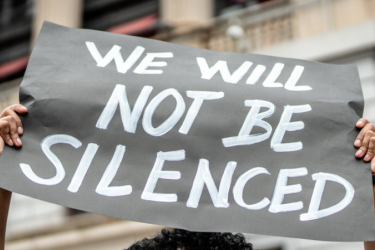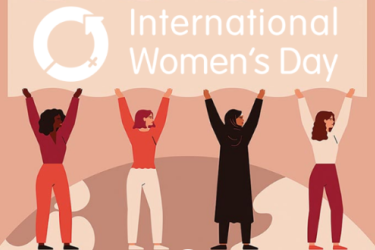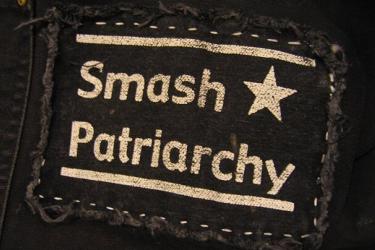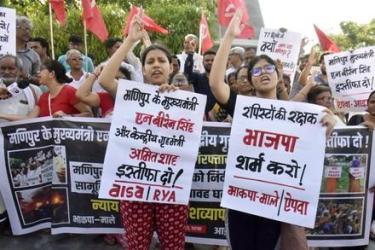feminism

21st century Indian fascism, corporate capital and the rhetoric of ‘women’s empowerment’
Kalpana Wilson looks at the ‘war on women’ waged by India’s Hindu supremacist fascism and how this is shaped by the specificities of Hindutva ideology, neoliberal capitalism, and imperialism.

Open letter to the Israeli and US governments and others weaponizing the issue of rape
In its current war against the people of Gaza, the Israeli government has chosen to weaponize the issue of sexual violence for political outcome.

Parti Sosialis Malaysia: Women’s rights are human rights, and human rights are women’s rights
Parti Sosialis Malaysia — International Women’s Day allows us to reflect on the progress made towards empowering women and to call for action to overcome the challenges that still exist in achieving gender equality in all aspects of life.

The horrific assaults on Kuki women hold a mirror to the growing crisis of humanity in Modi’s India
CPI(ML) Liberation — The viral video of two Kuki women being paraded naked and sexually assaulted by a mob of Meitei men in Manipur has drawn the attention of the whole world to the complete collapse of the rule of law in Manipur.

Patriarchy and the origins of women’s oppression
Sue Bull — To fight against patriarchy, we need to know where it comes from, how it developed and how it became so effective.

March 8 in the second year of war: Experiences and visions of Ukrainian feminists
Grassroots activists discuss women’s status in wartime, problems and challenges the feminist movement faces, and threats that may become relevant for Ukrainian society once the war will be over.





